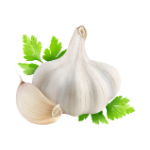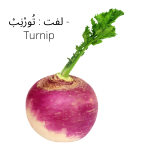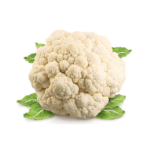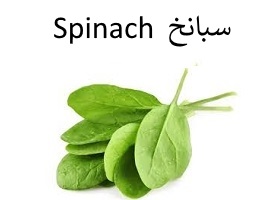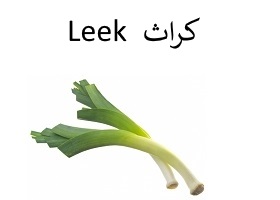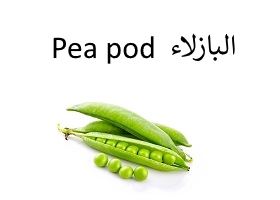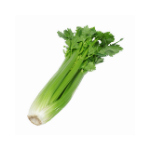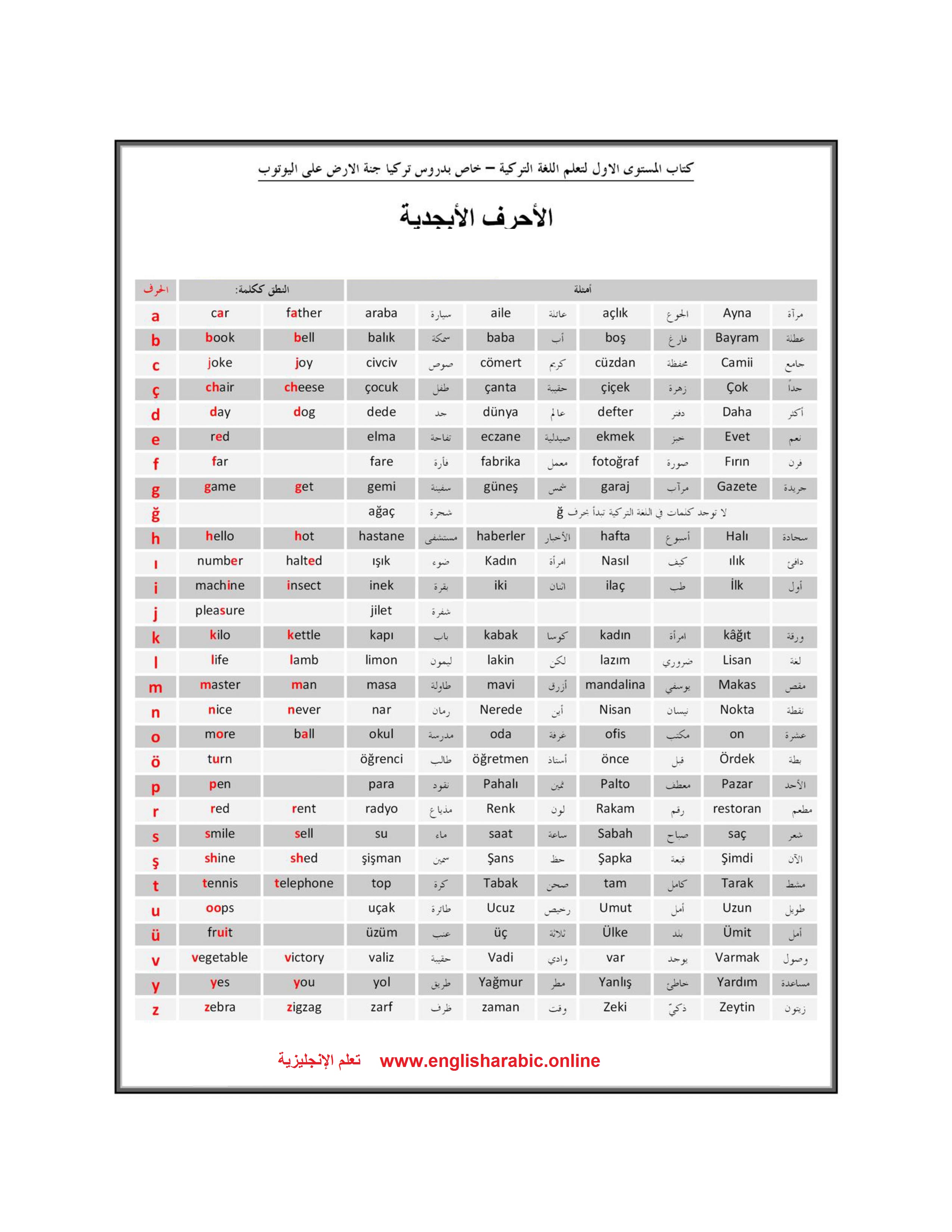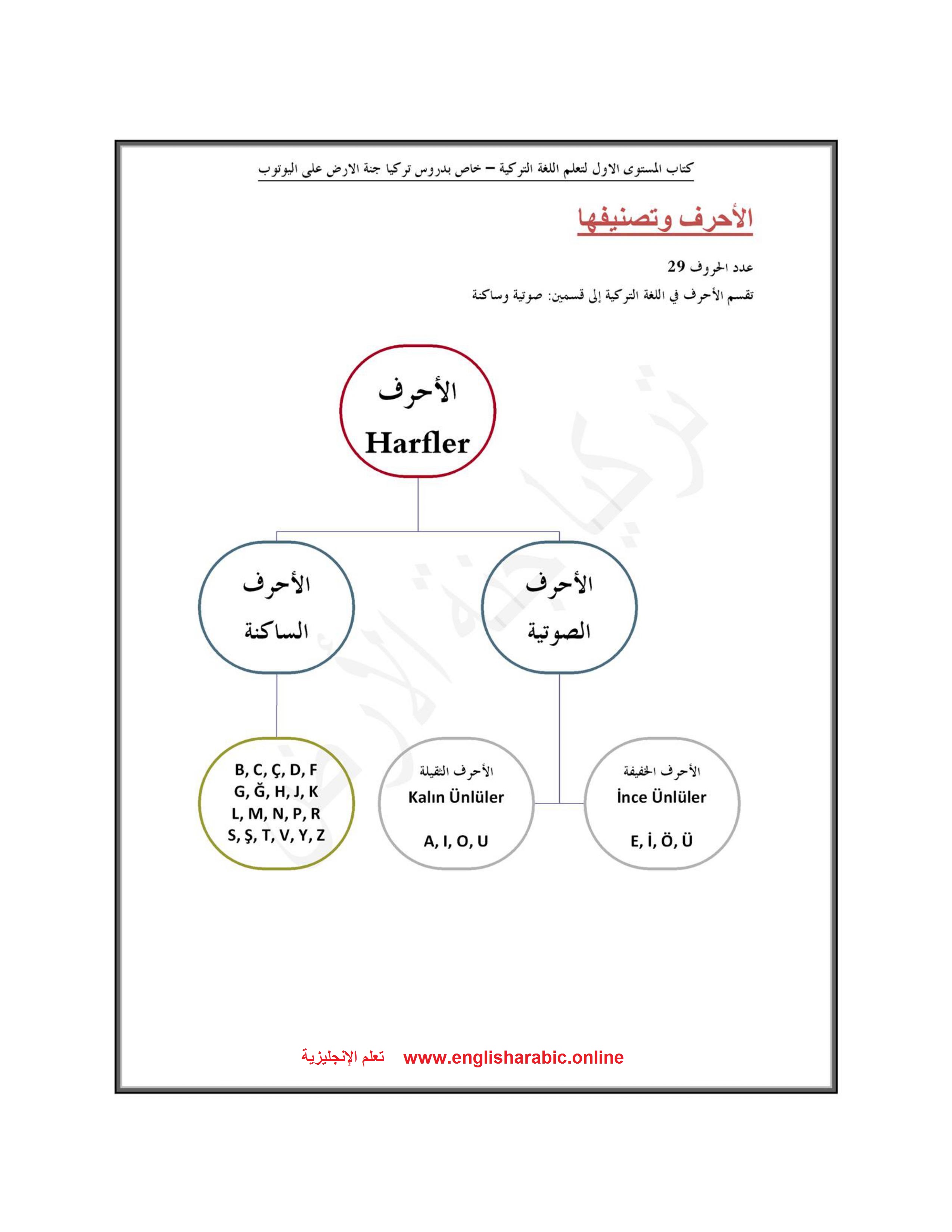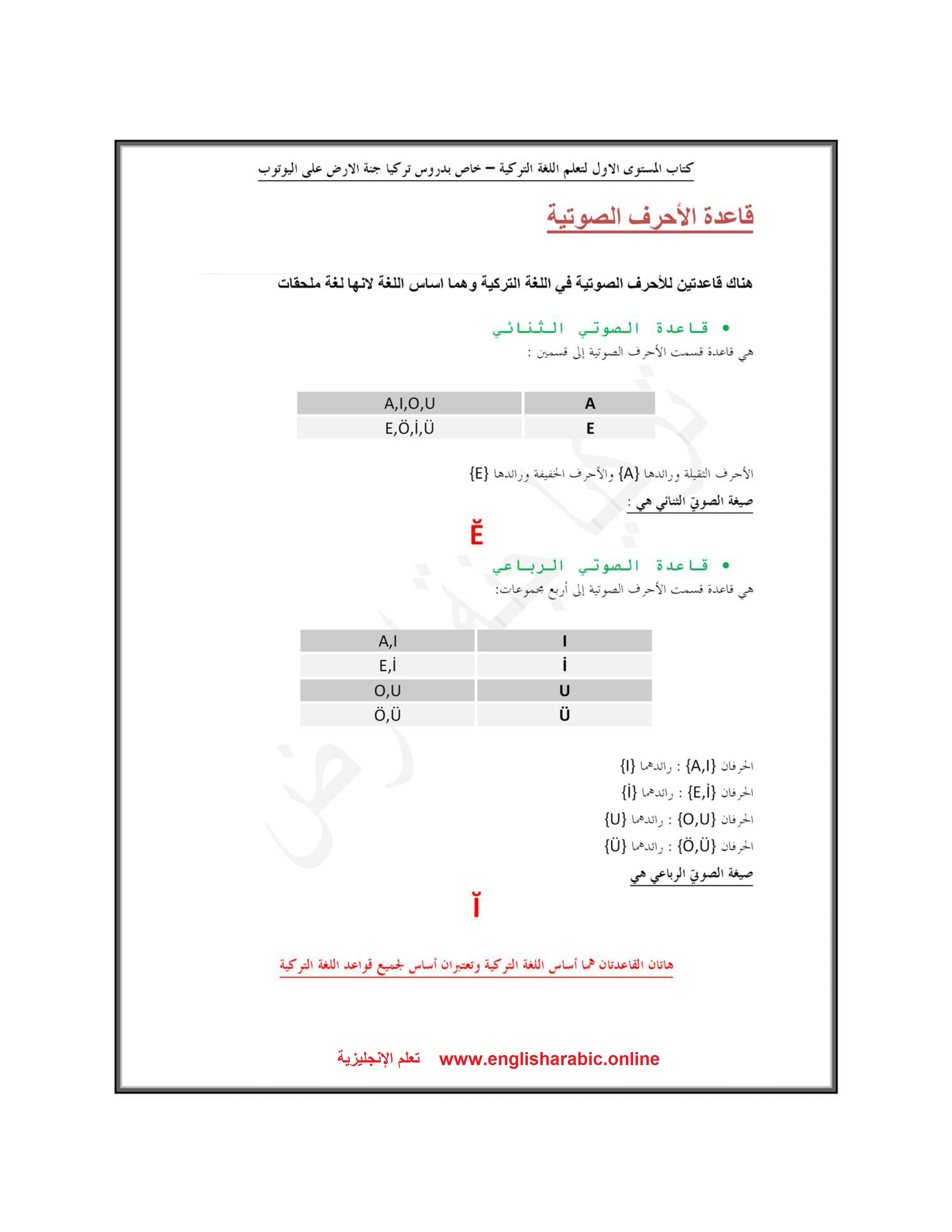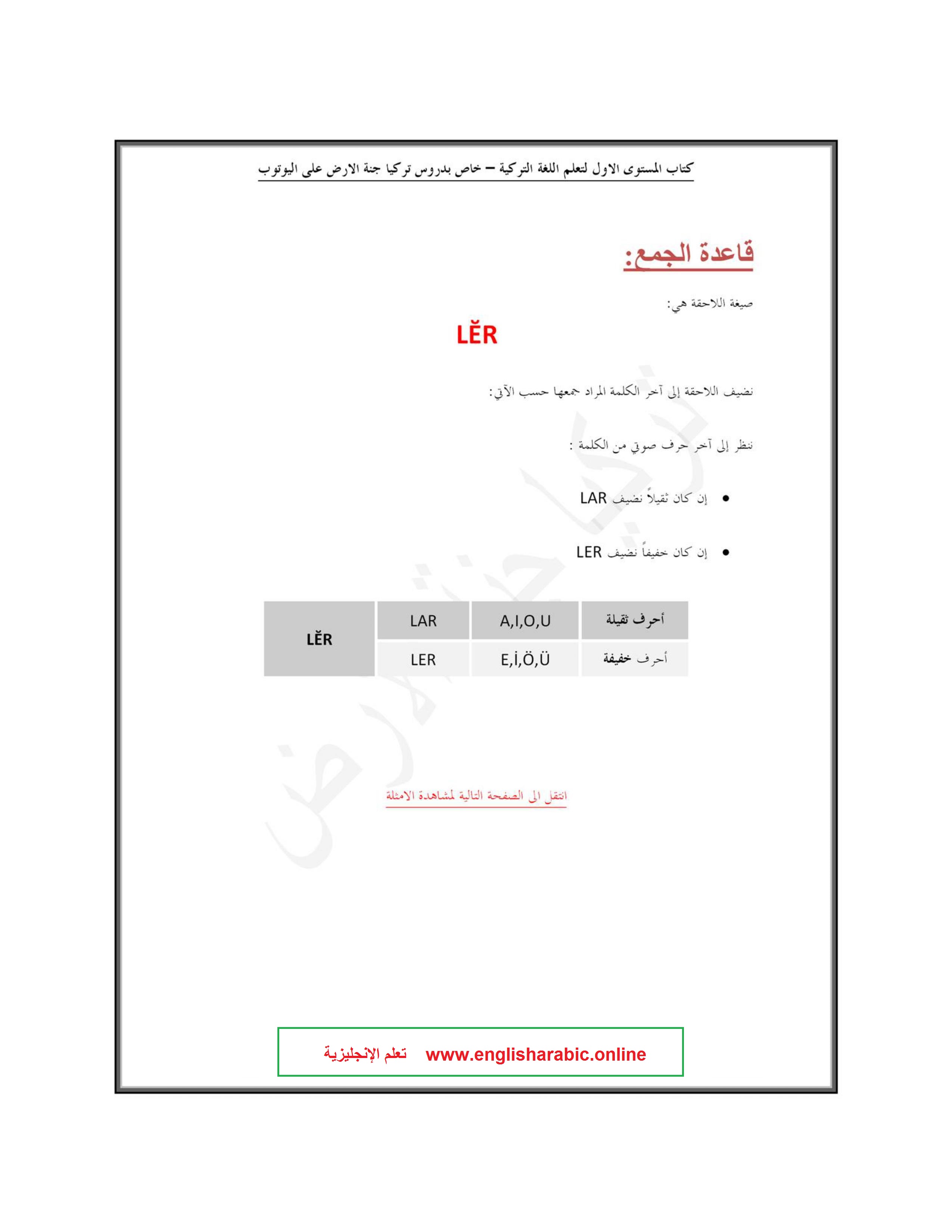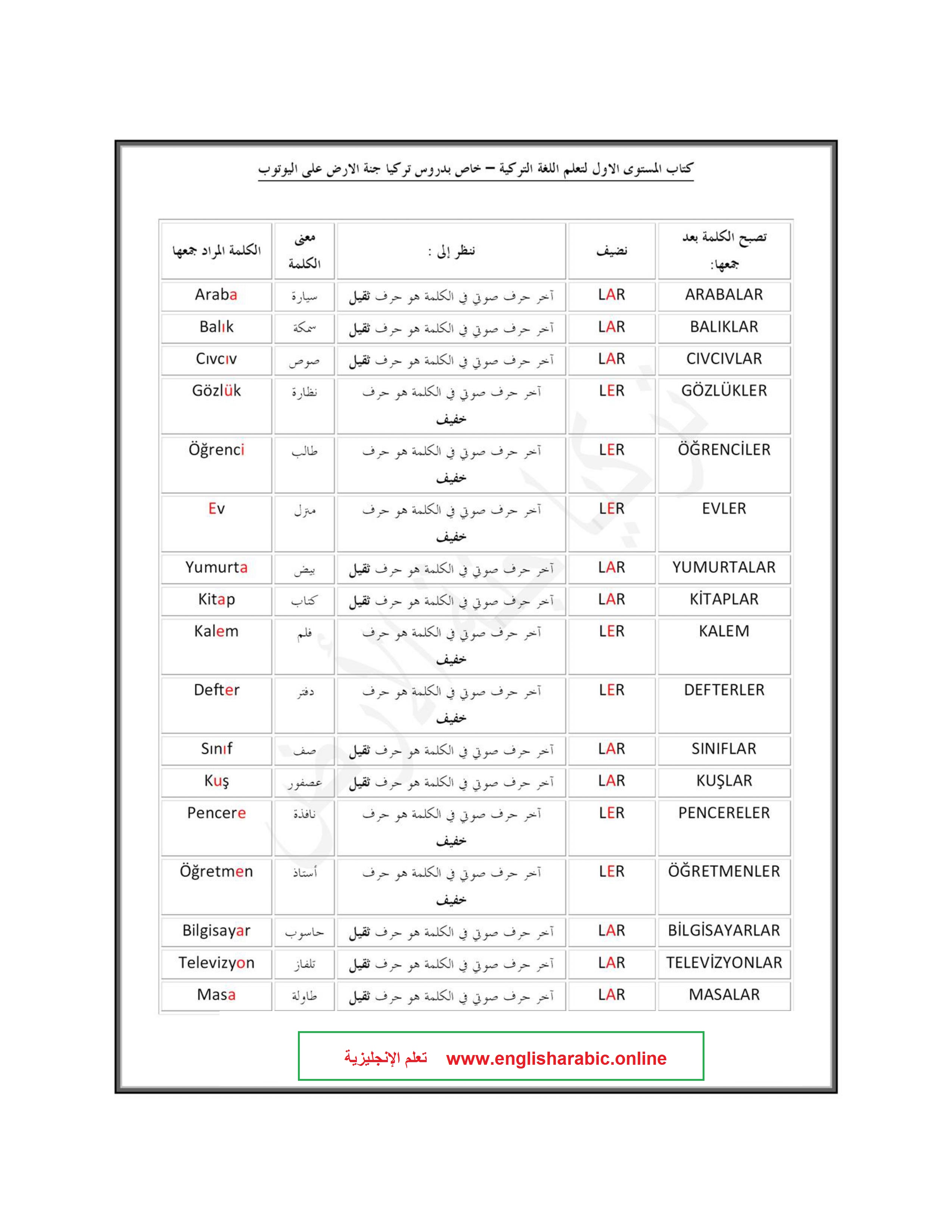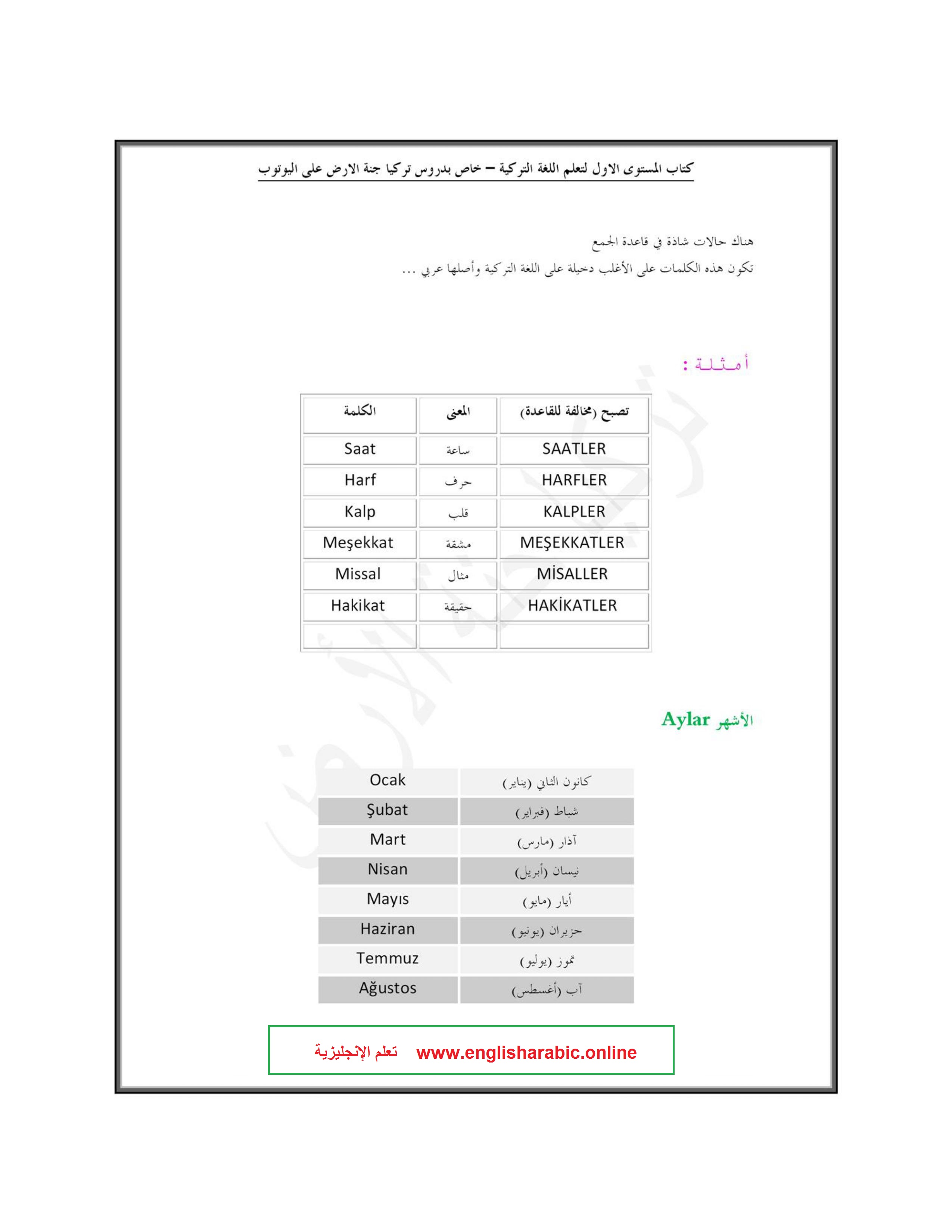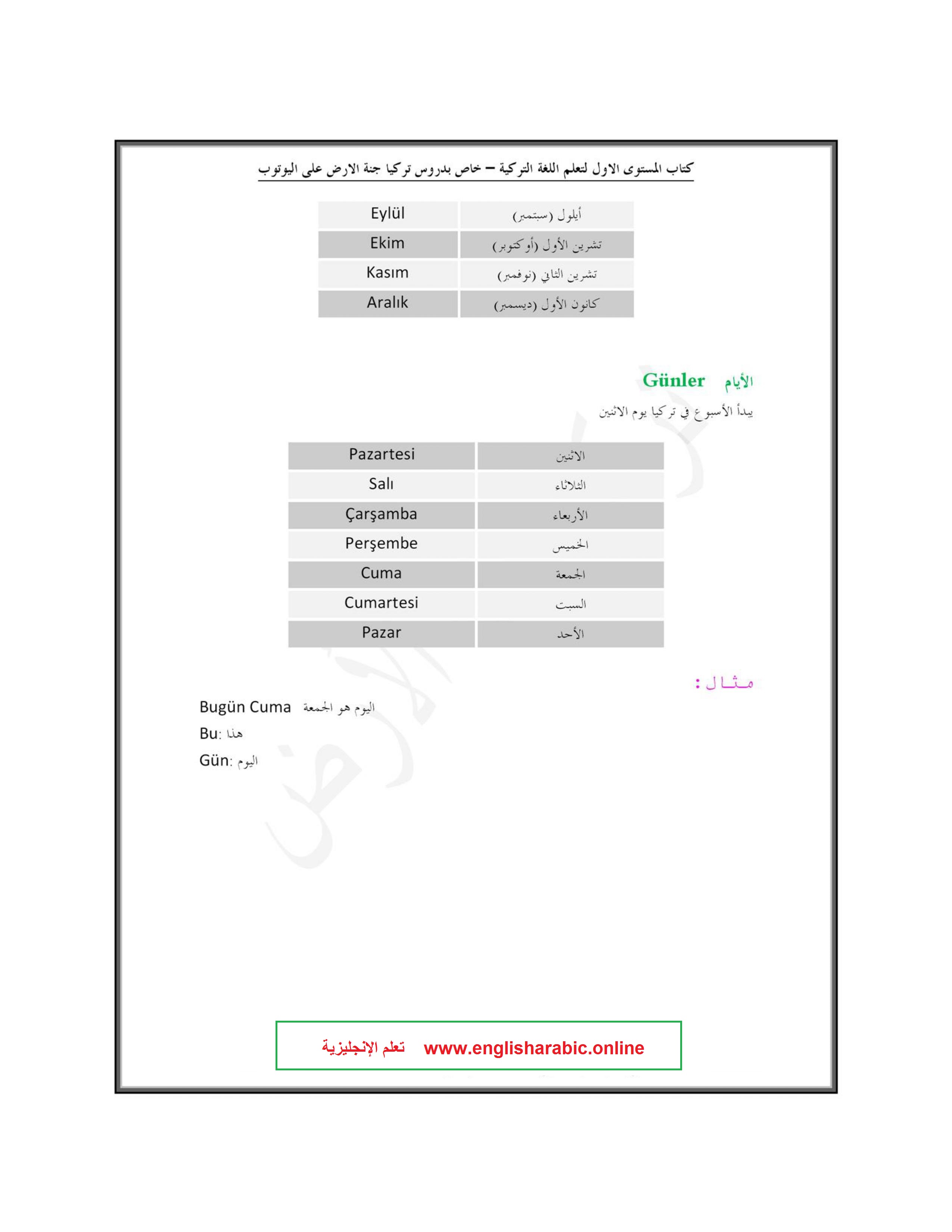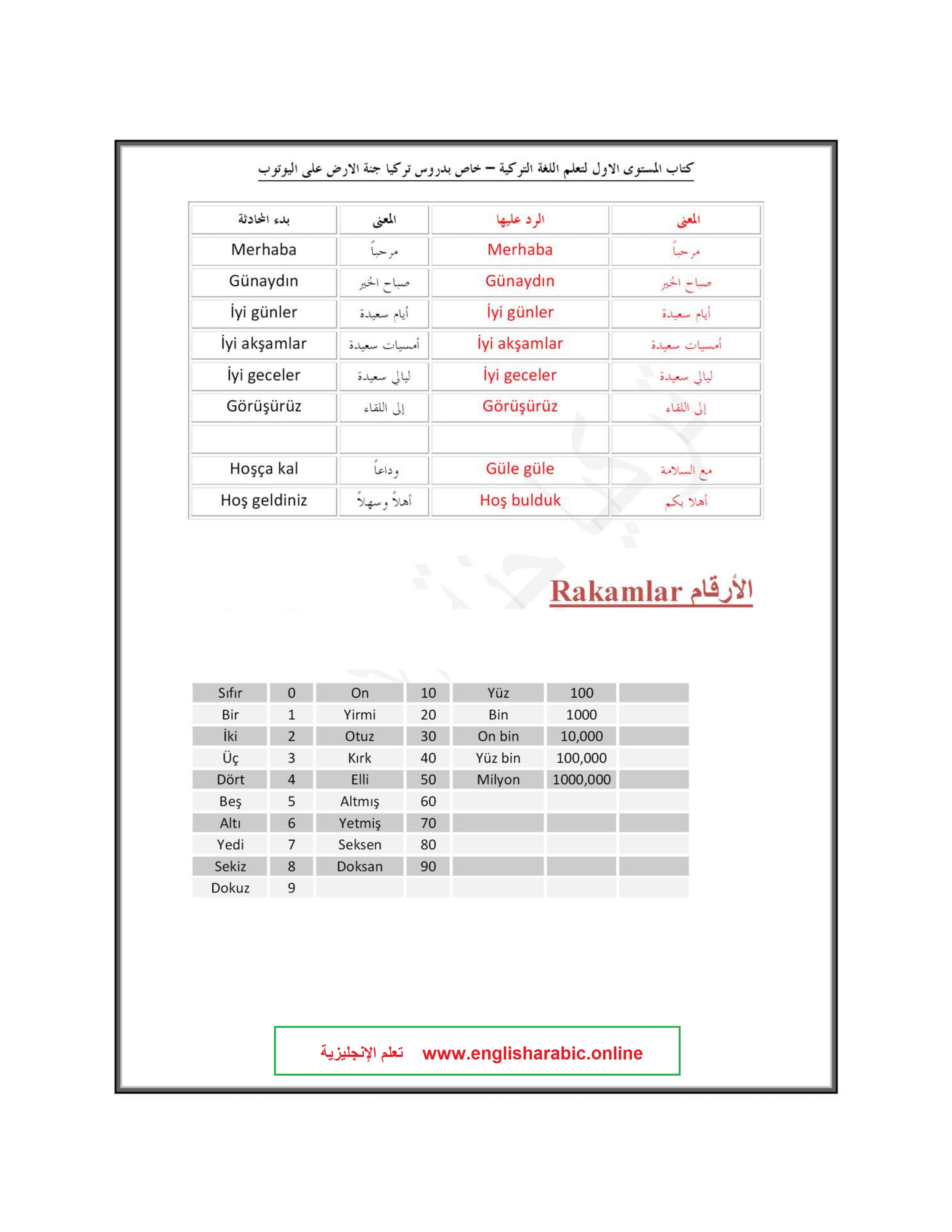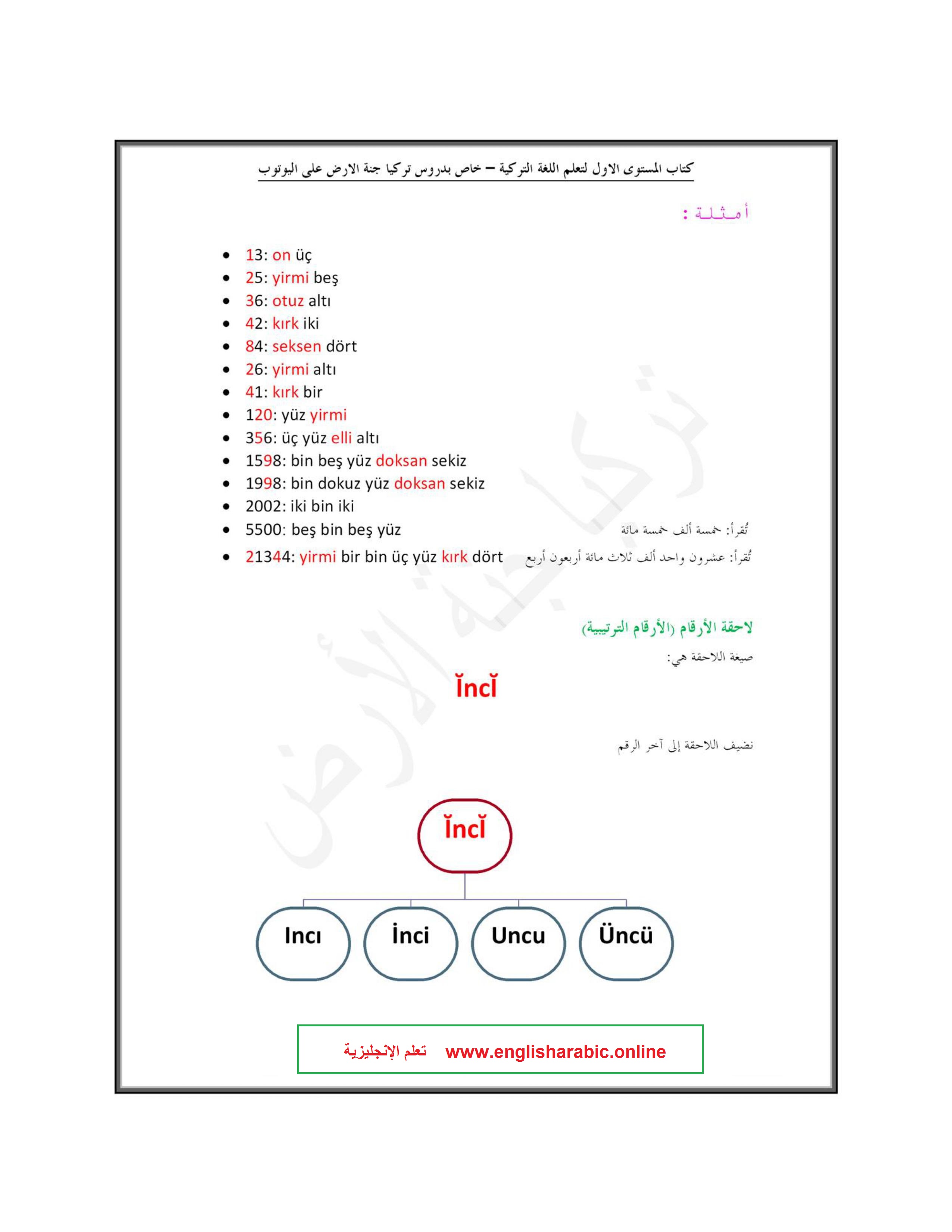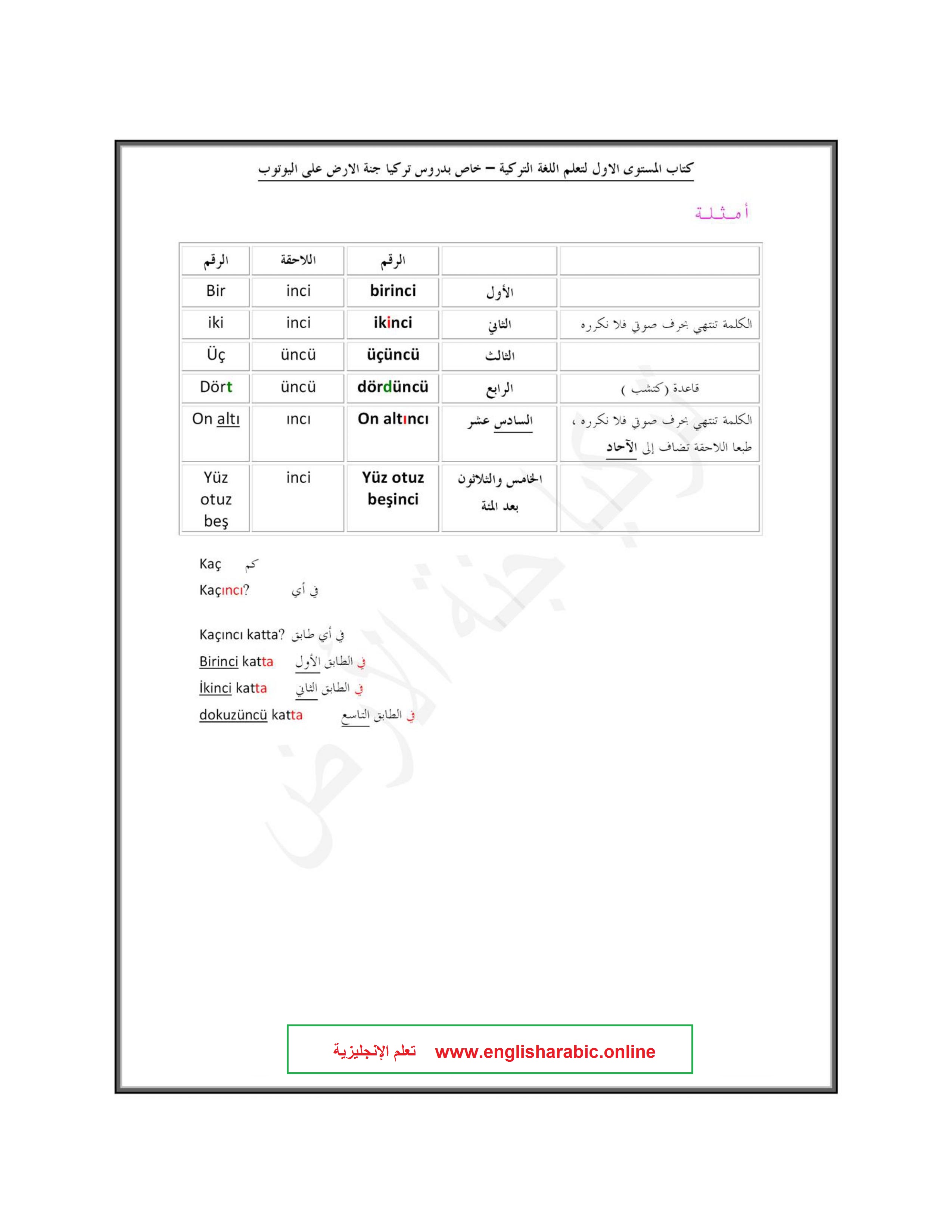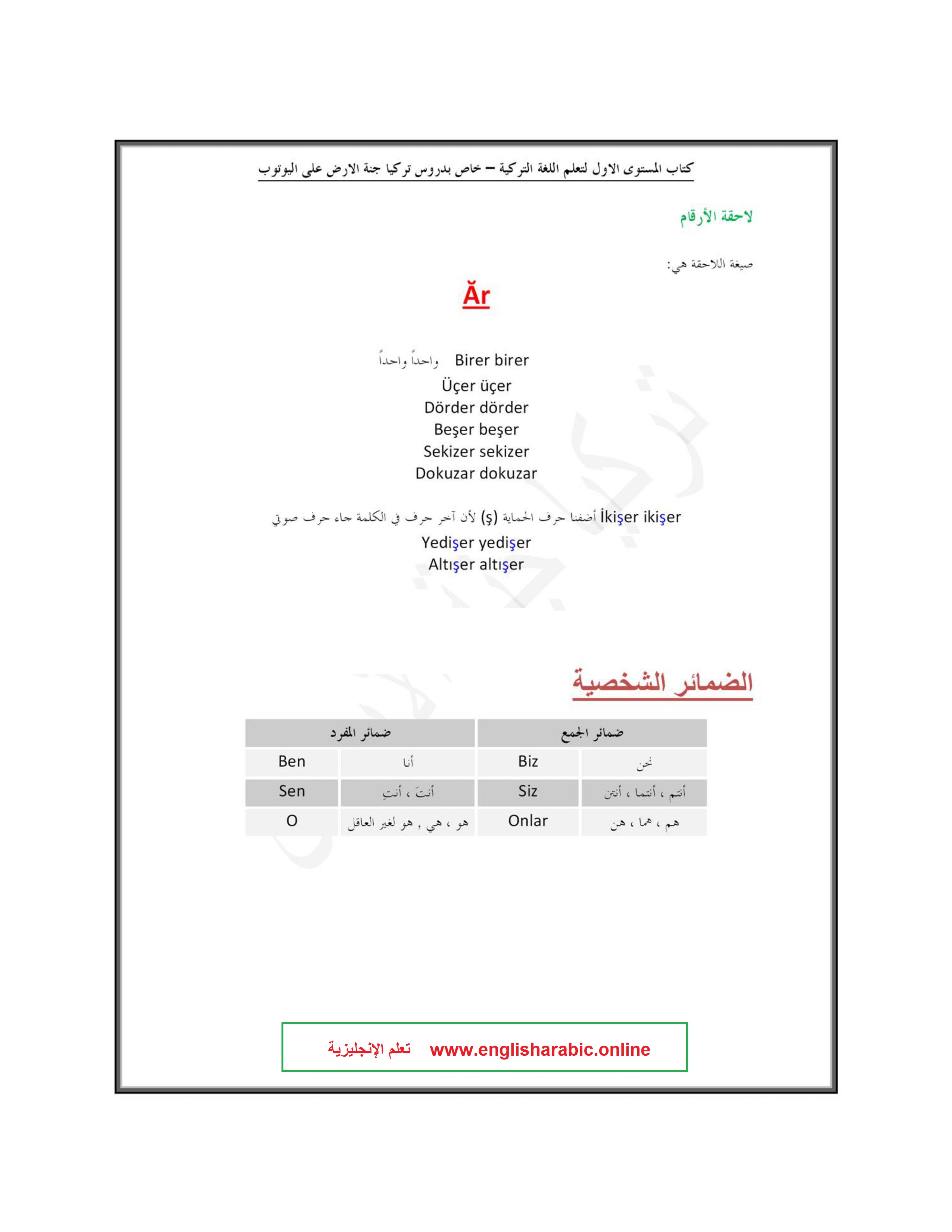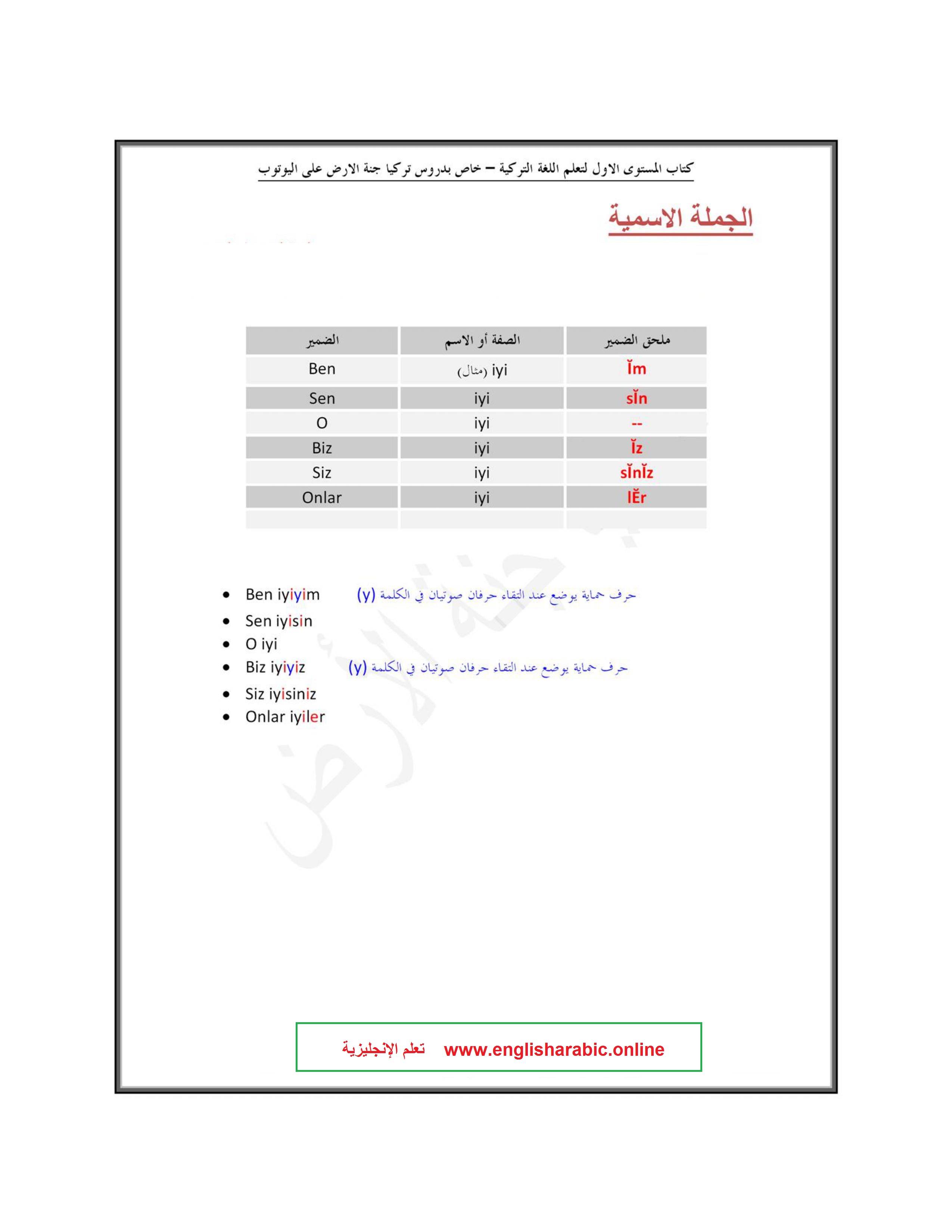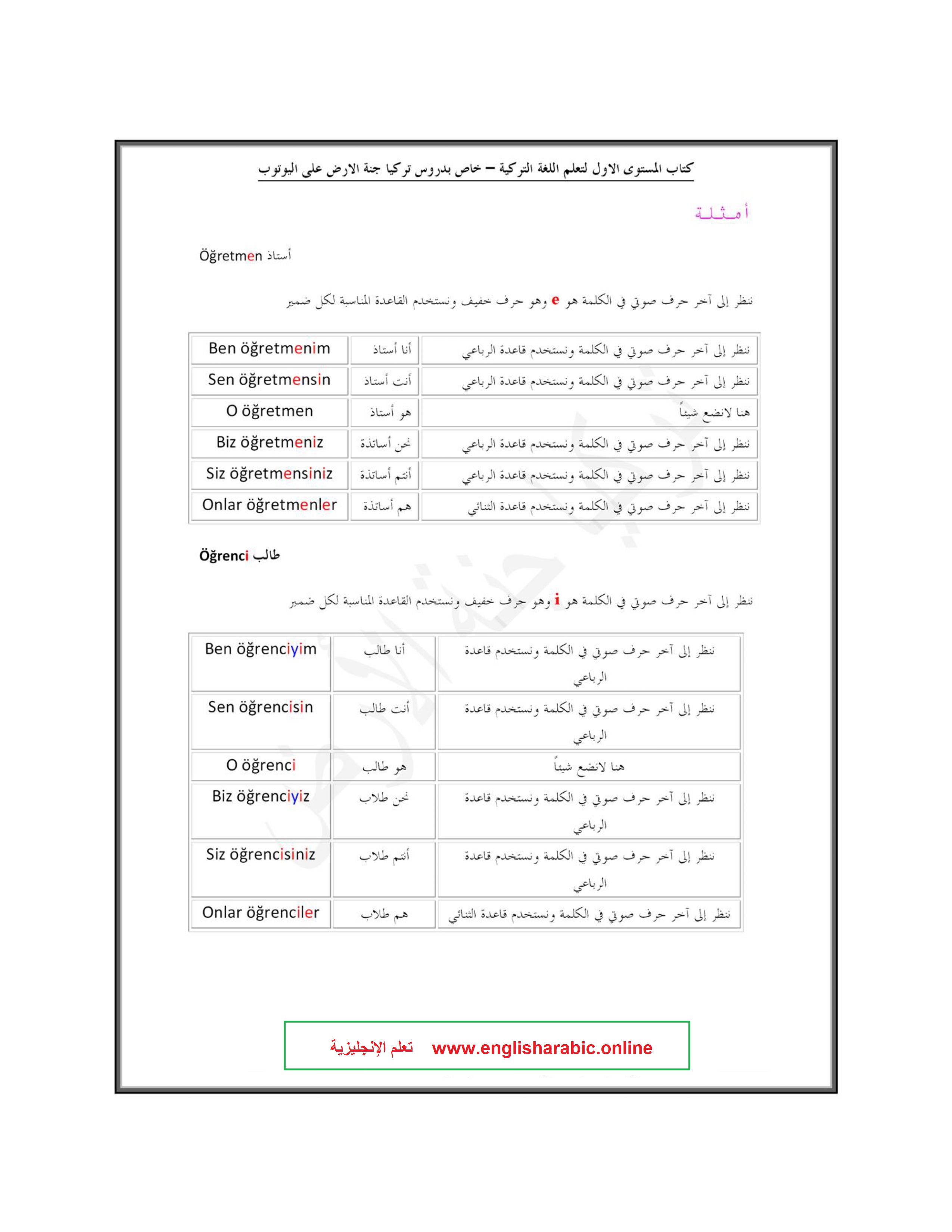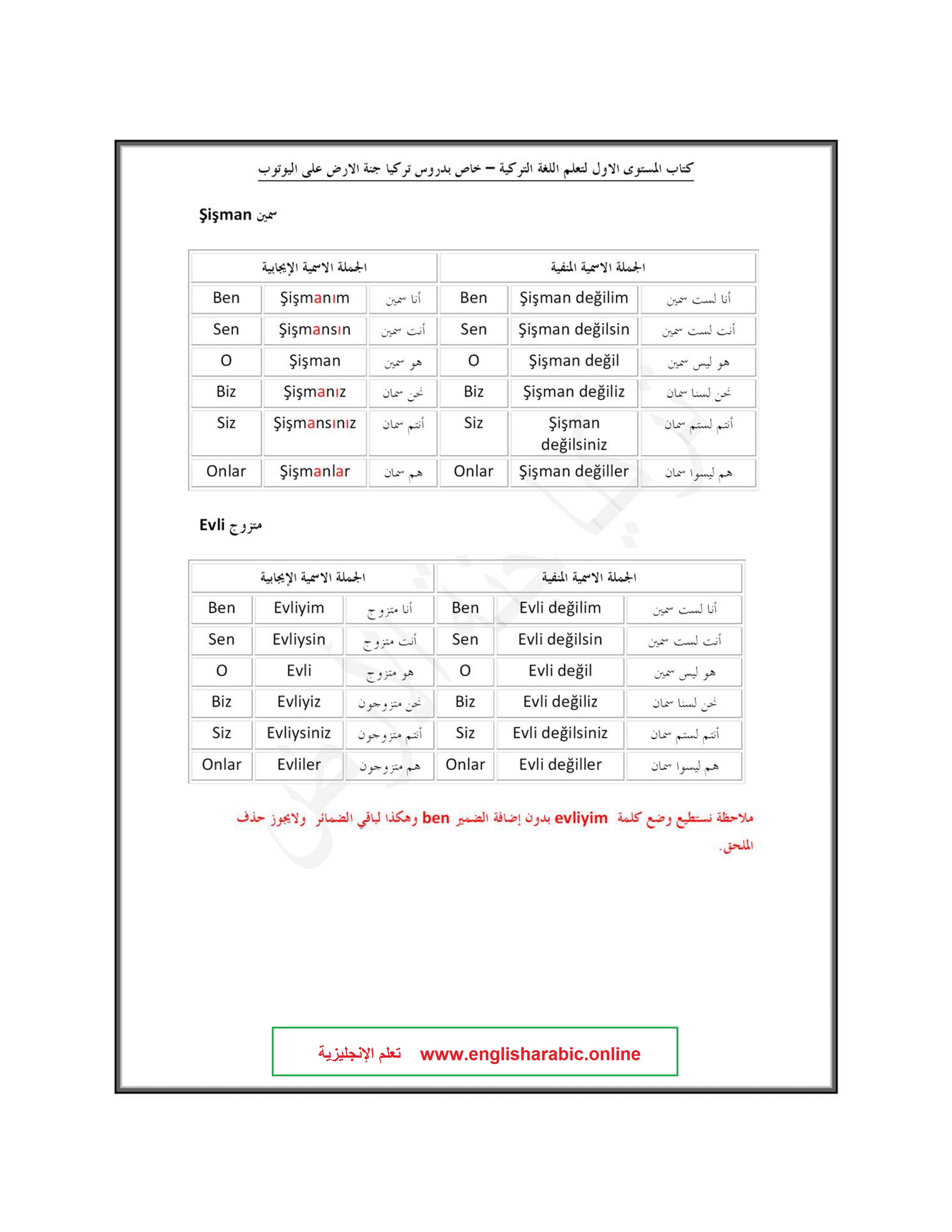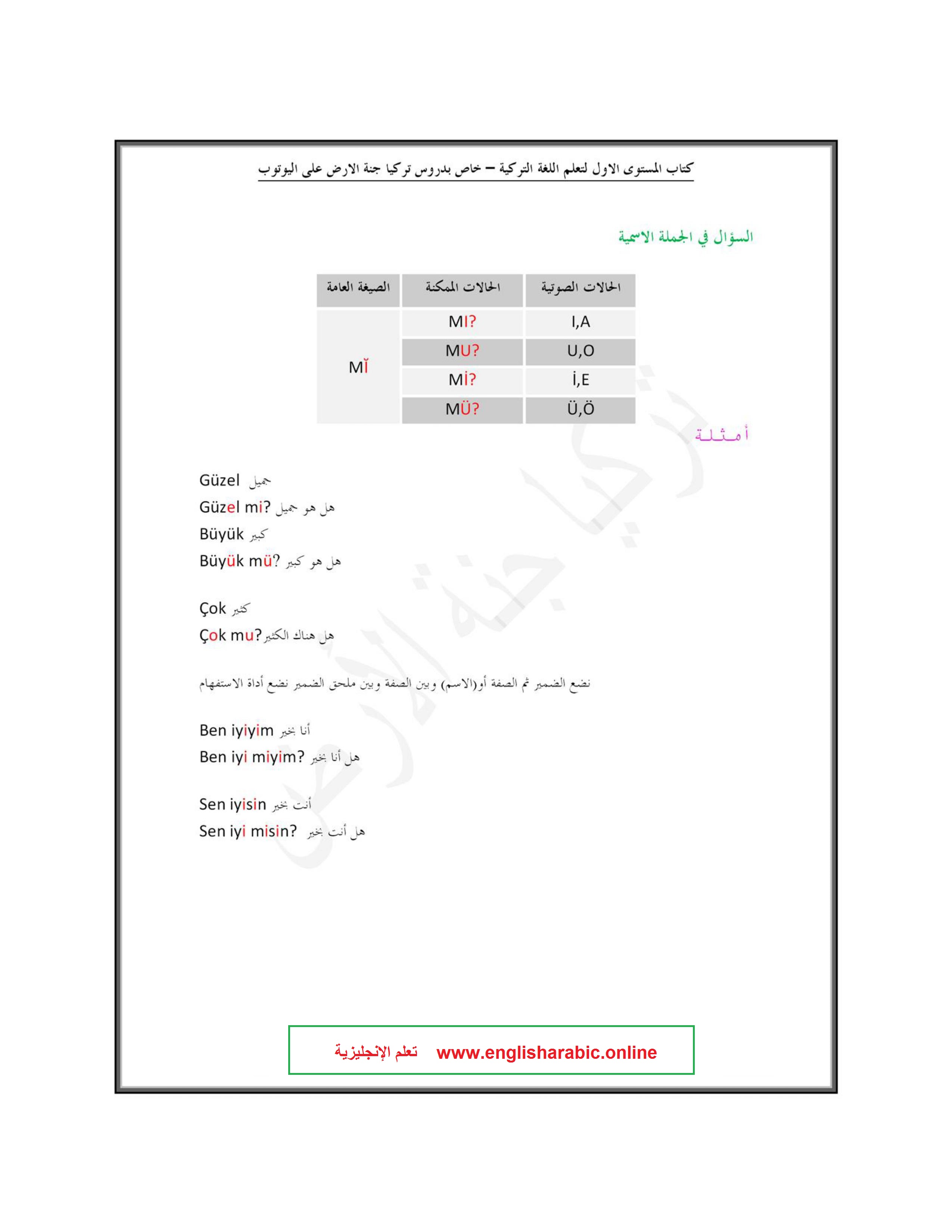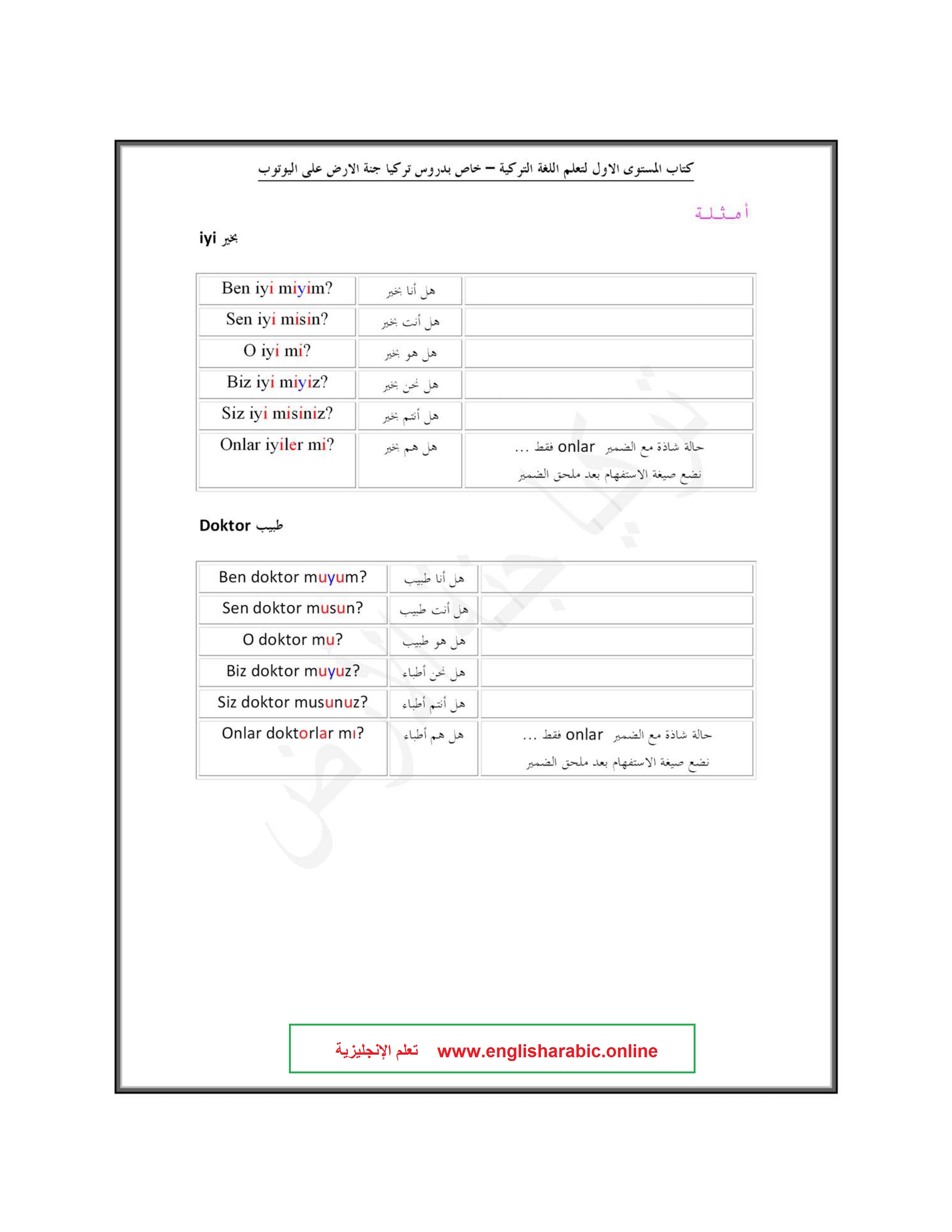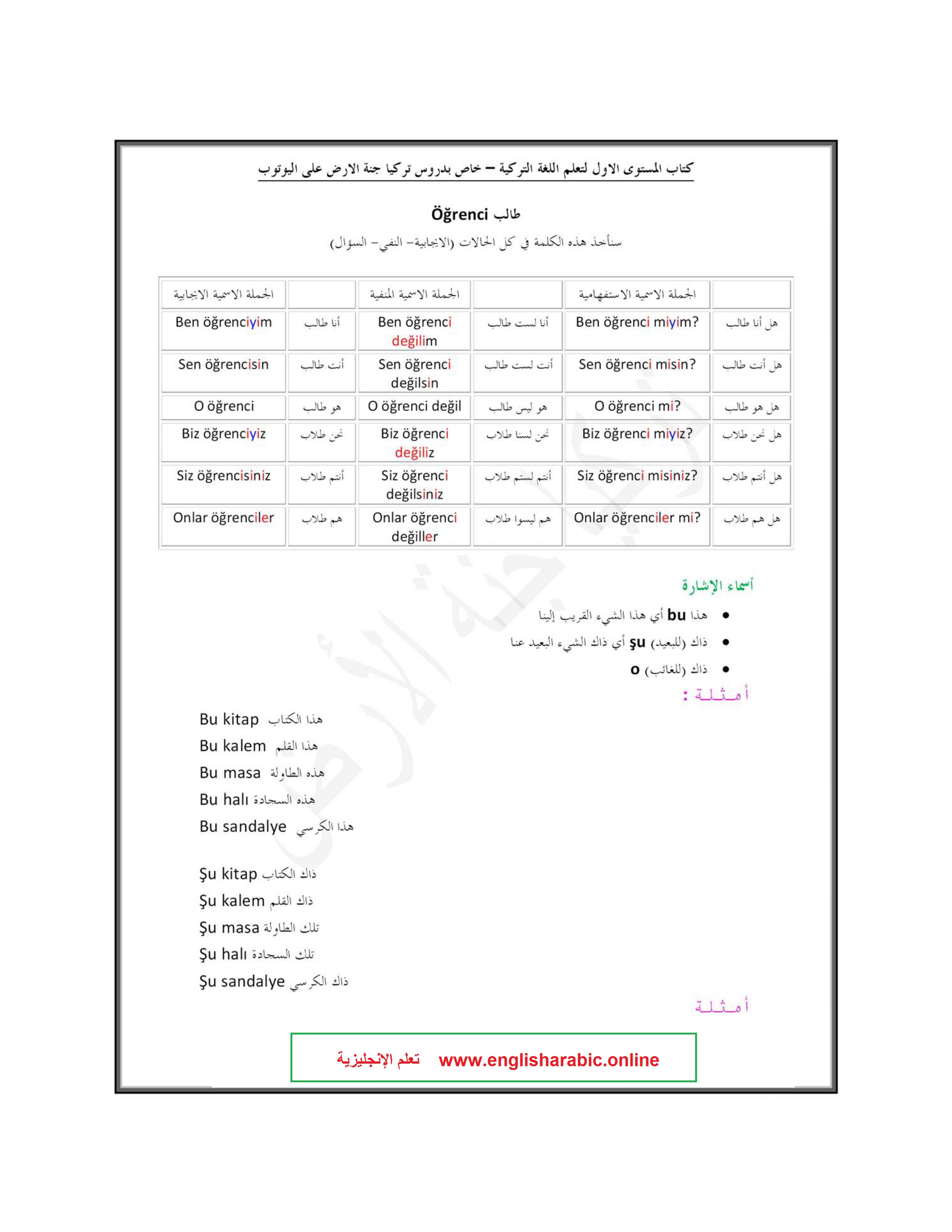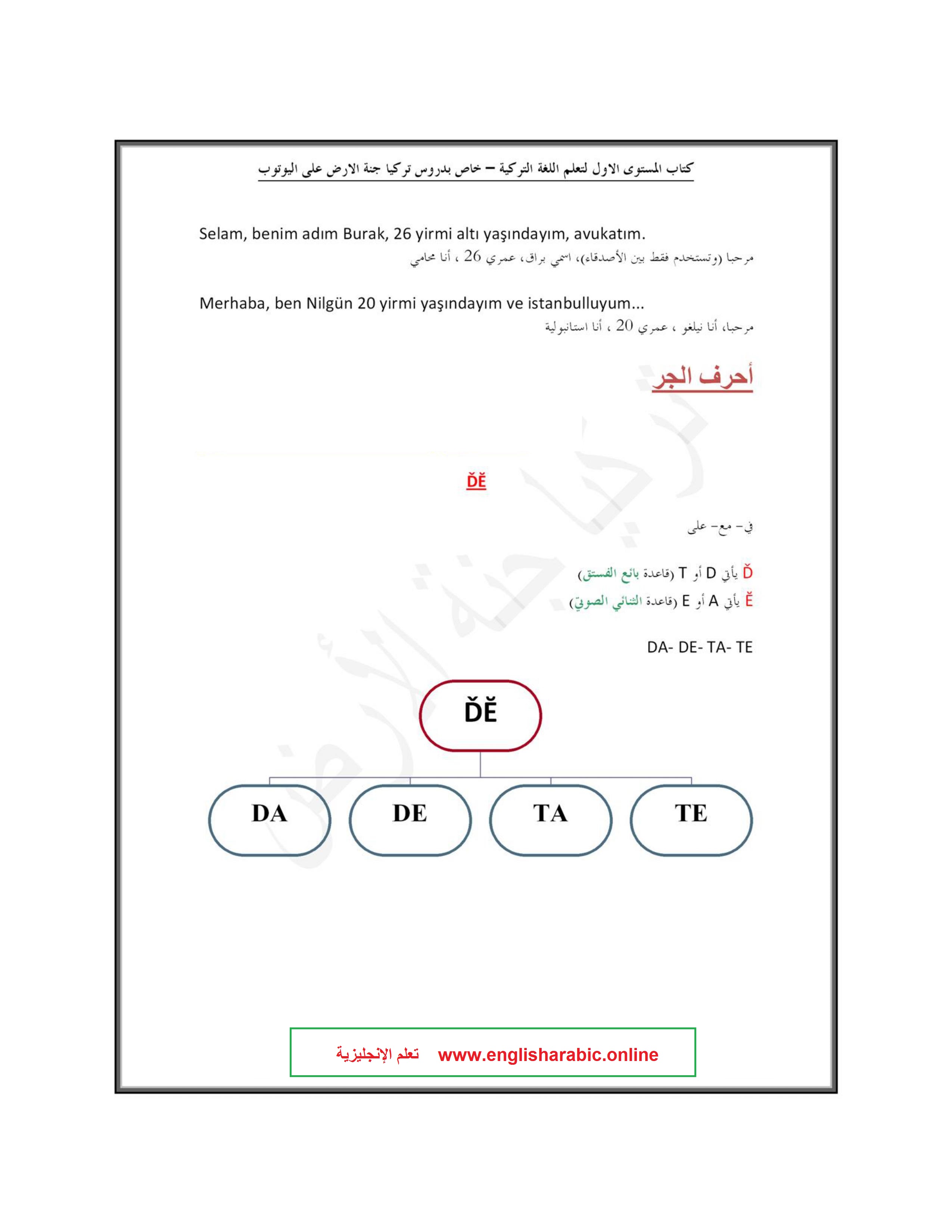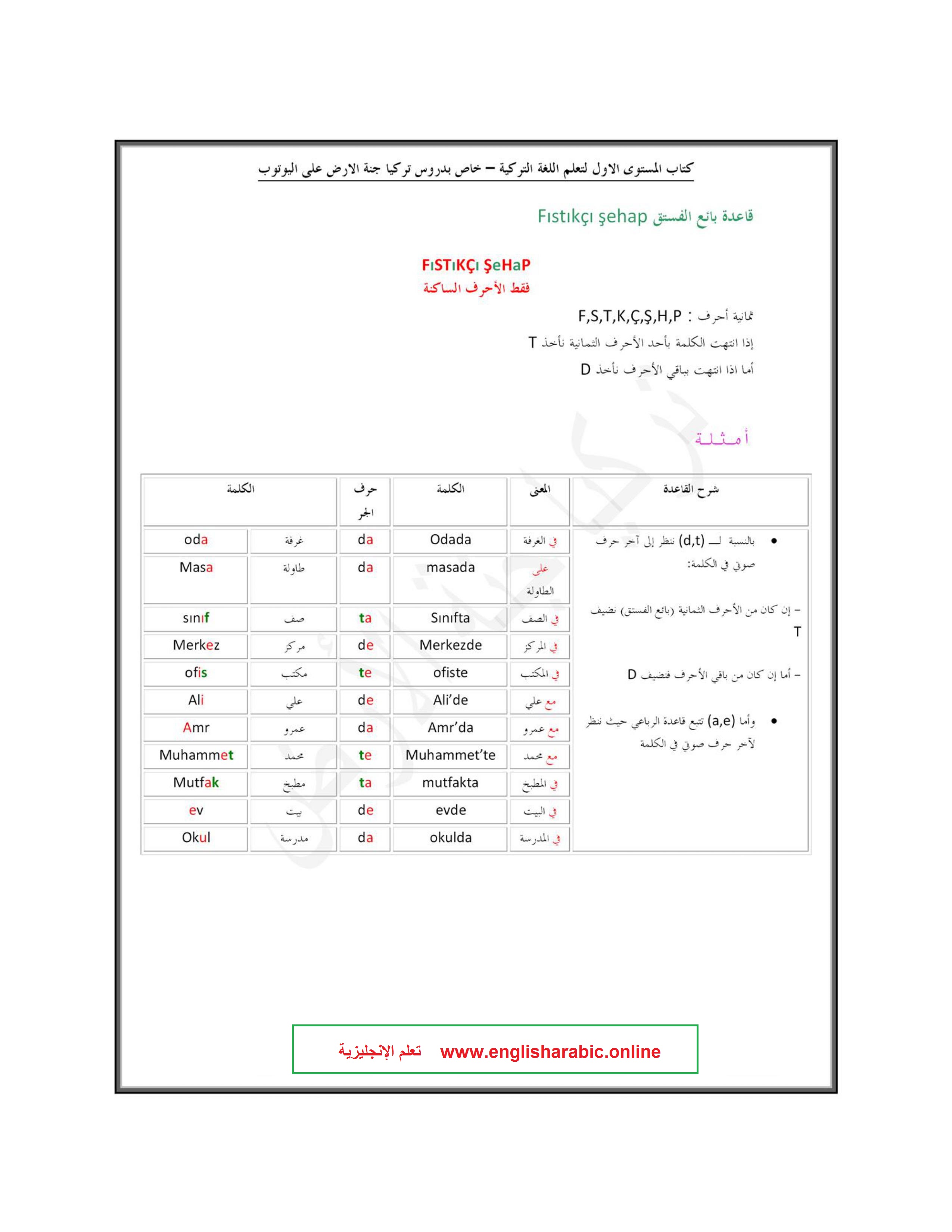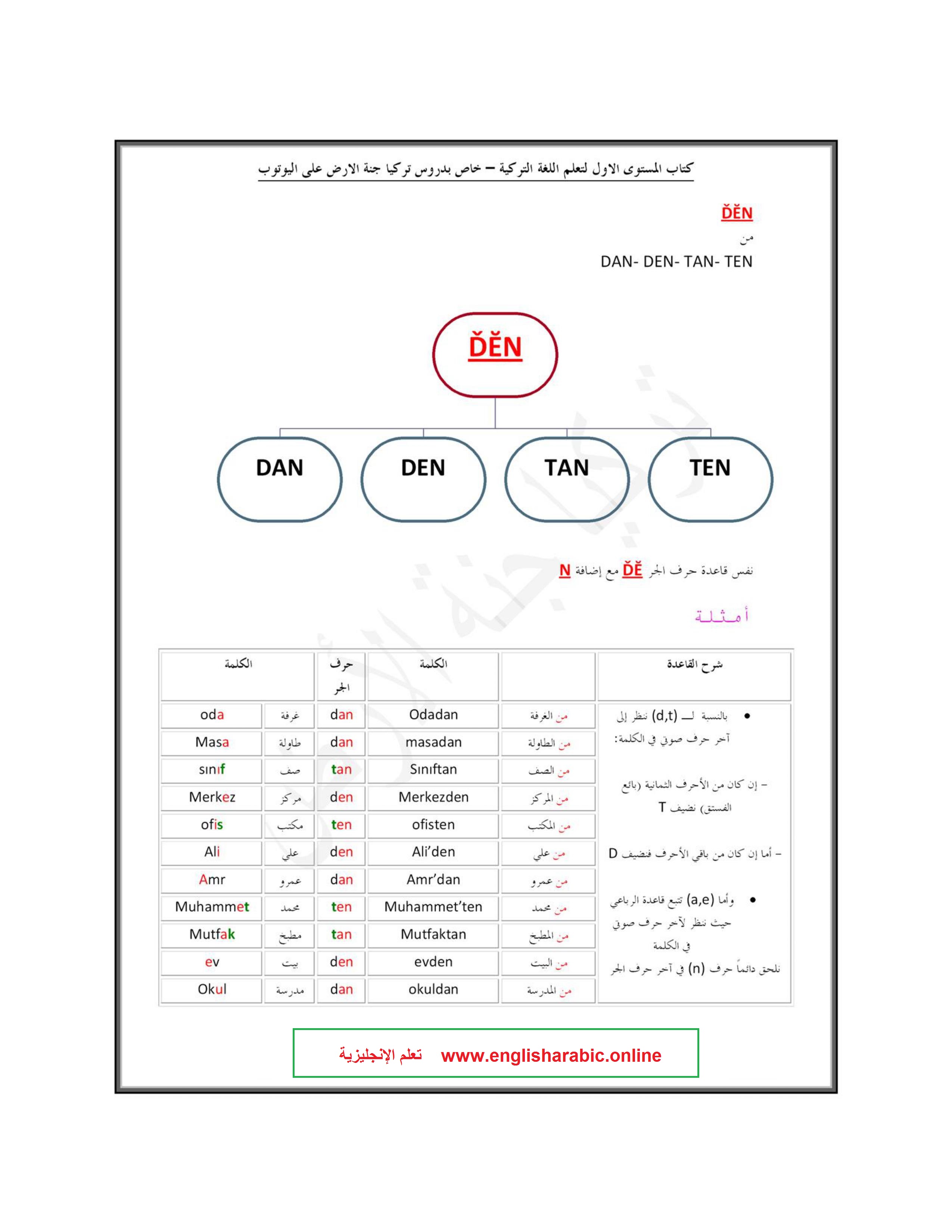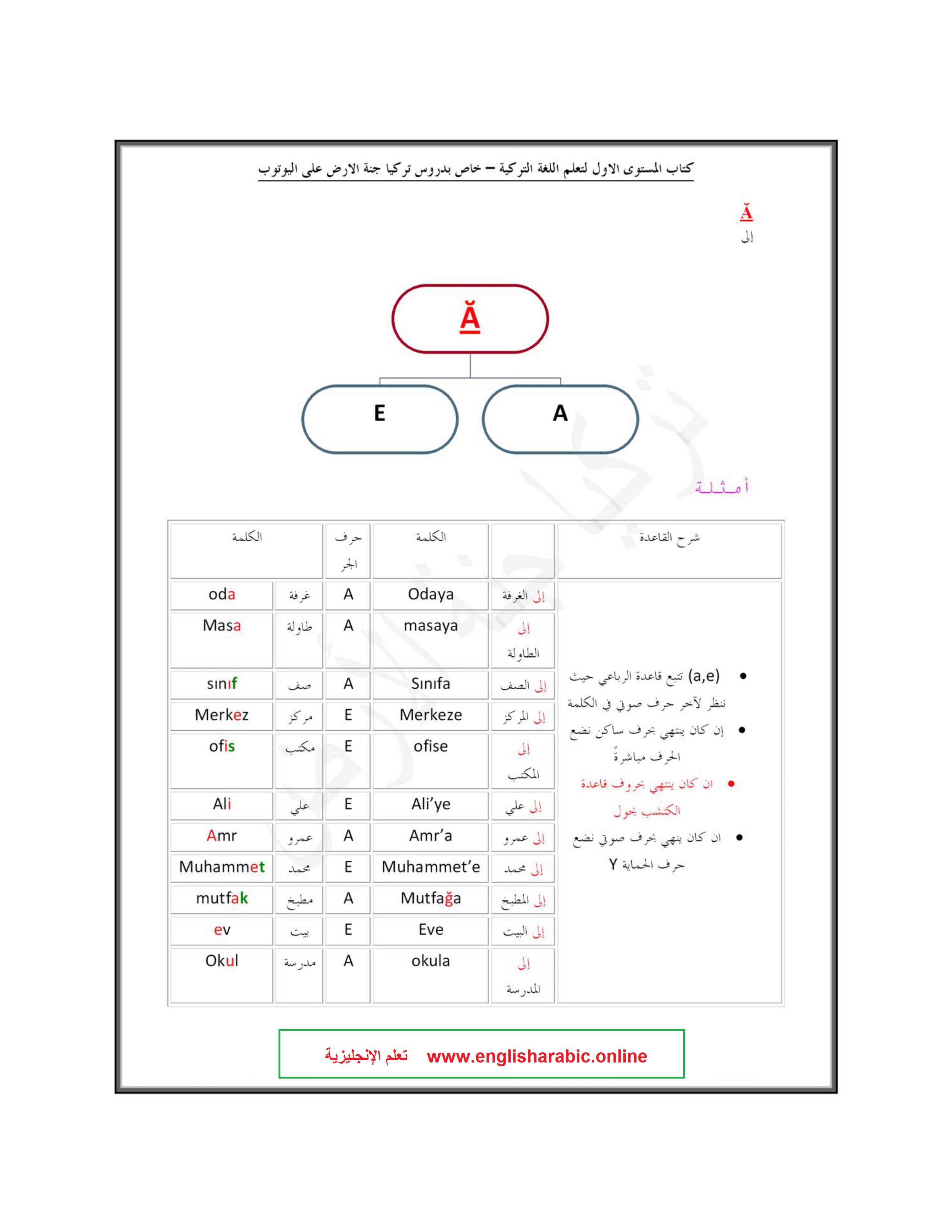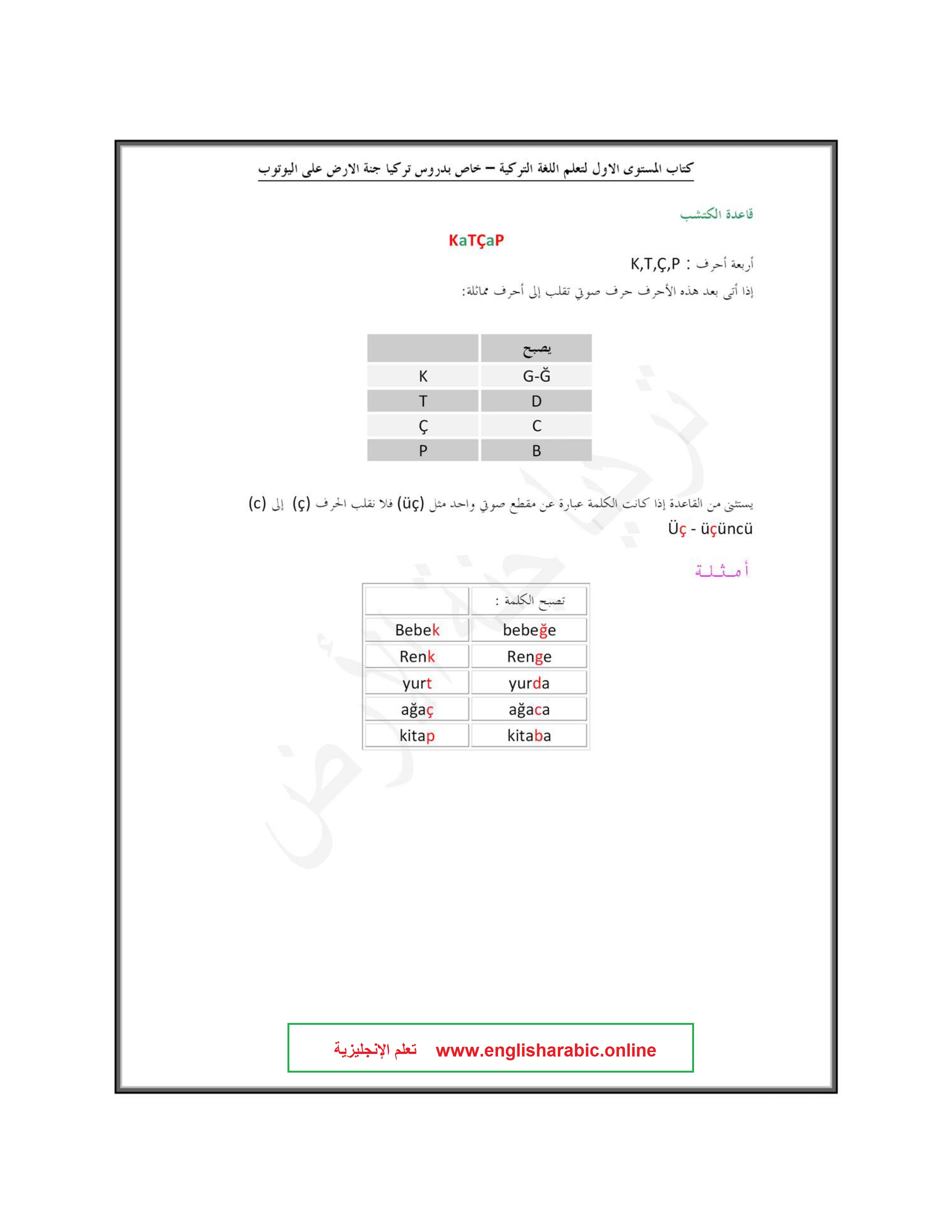plural in english
Plural Forms
Regular Plurals
The plural form of most nouns is created simply by adding the letter ‘s’ to the end of the word .
For example:-
- bag – bags
- dog – dogs
- horse – horses
- minute – minutes
But there are some exceptions:-
Nouns that end in –ch, -x, -s, -sh add ‘-es‘ to the end of the word.
For example:-
- box – boxes
- boss – bosses
- bush – bushes
- church – churches
- gas – gases
Most nouns ending in –o preceded by a consonant also form their plurals by adding ‘-es‘ .
For example:-
- potato – potatoes
- tomato – tomatoes
- volcano – volcanoes
However many newly created words and words with a Spanish or Italian origin that end in –o just add an ‘s‘.
For example:-
- photo – photos | piano – pianos | portico – porticos
Nouns that end in a single ‘z’, add ‘-zes‘ to the end of the word.
For example:-
- quiz – quizzes
Nouns ending in a consonant + y, drop the y and add ‘-ies‘.
For example:-
- party – parties | lady – ladies
Most nouns ending in ‘is’, drop the ‘is‘ and add ‘-es‘.
For example:-
- crisis – crises | hypothesis – hypotheses | oasis – oases
Most nouns ending in -f or -fe, drop the f and add ‘ves‘.
For example:-
- calf – calves | half – halves | wolf – wolves
But this isn’t a hard and fast rule:-
- belief – beliefs (believes is a verb form)
- brief – briefs
- chef – chefs
- proof – proofs
- roof – roofs
- cafe – cafes
- safe – safes (saves is a verb form)
Irregular Plurals
There are also a lot of common nouns that have irregular plurals.
Most common nouns connected with human beings seem to be irregular.
For example:-
- child – children | person – people | man – men | woman – women
Other irregular common nouns are:-
foot – feet | goose – geese | mouse – mice | tooth – teeth
Some nouns have identical plural and singular forms.
For example:-
- aircraft – aircraft | fish – fish | headquarters – headquarters | sheep – sheep | species – species
In the plural form they still take a plural verb (are / were):-
There is an aircraft in the hangar.
There are some aircraft in the hangar.
There was a fish in the tank.
There were some fish in the tank.
Uncountable nouns on the other hand have no plural form and take a singular verb (is / was …).
For example:-
- advice
- information
- luggage
- news
There is a lot of luggage on the plane, but a piece of luggage has gone missing.
Some nouns (especially those associated with two things) exist only in the plural form and take a plural verb (are / were…).
For example:-
- cattle
- scissors
- trousers
- tweezers
- congratulations
- pyjamas
Have you seen my scissors? They were on my desk.
Nouns that stem from older forms of English or are of foreign origin often have odd plurals.
For example:-
- ox – oxen
- index – indices or indexes
In compound nouns the plural ending is usually added to the main noun.
For example:-
- son-in-law – sons-in-law
- passer-by – passers-by
Words ending in -us
Linguists can argue for hours about the plural ending of nouns ending in -us. Many of these words are loanwords from Latin and preserve their Latin plural form, replacing the -us suffix with -i, but of course not all words ending in -us have a Latin origin , and some Latin words ending in -us were not pluralized with -i. hence the argument.
For example:-
The English plural of virus is viruses, not viri.
Other Latin loanwords that take the regular English plural -es ending include campus – campuses | bonus – bonuses
Latin loanwords that take a -i plural ending include radius – radii | alumnus – alumni
If you want to bait a linguist ask them if the plural of crocus is crocuses or croci, or whether the plural of octopus is octopuses, octopi or octopodes.
Singular
Uncountable nouns are always singular.
The pronouns each, either, neither, another, and all compound words ending in one, body, or thing are always singular.






